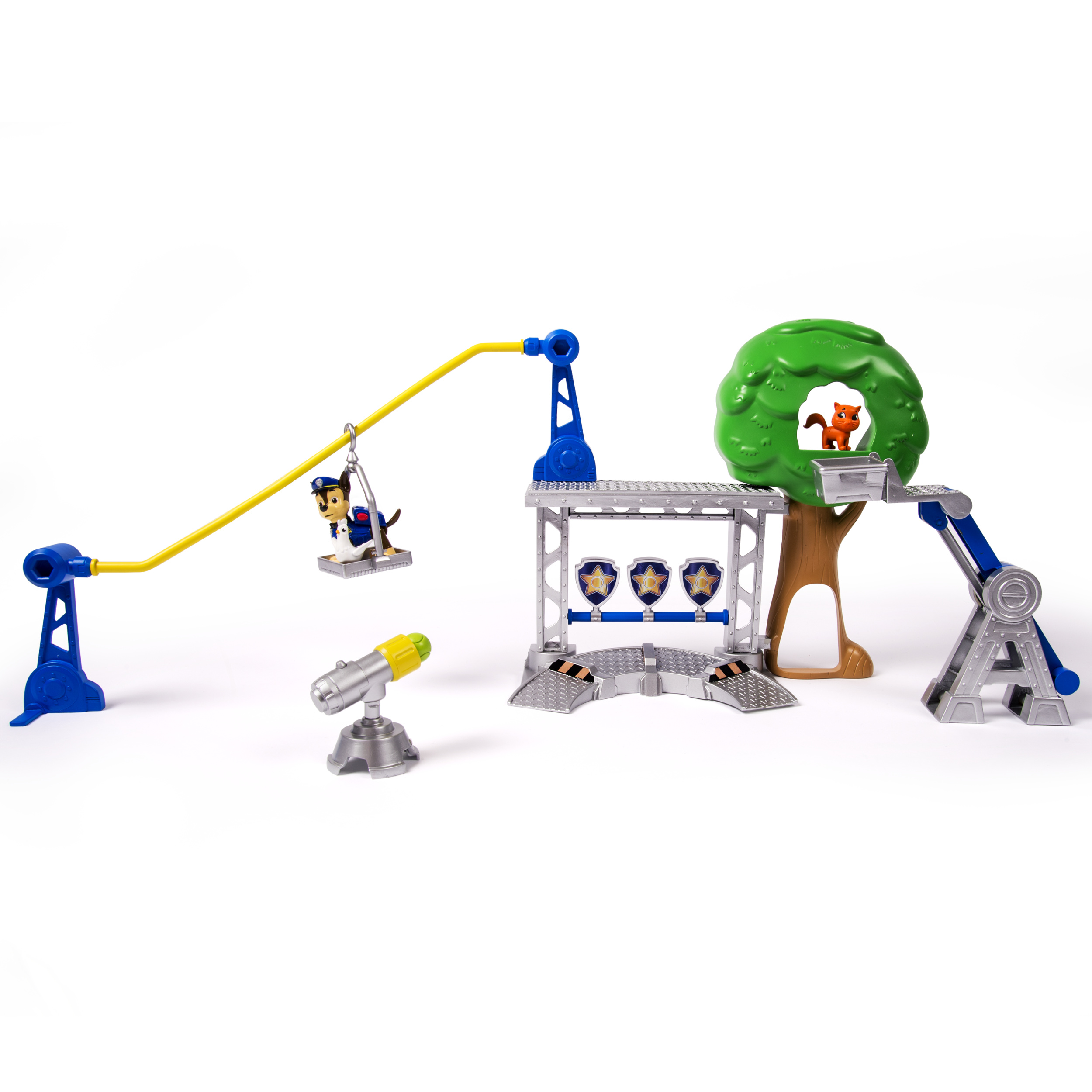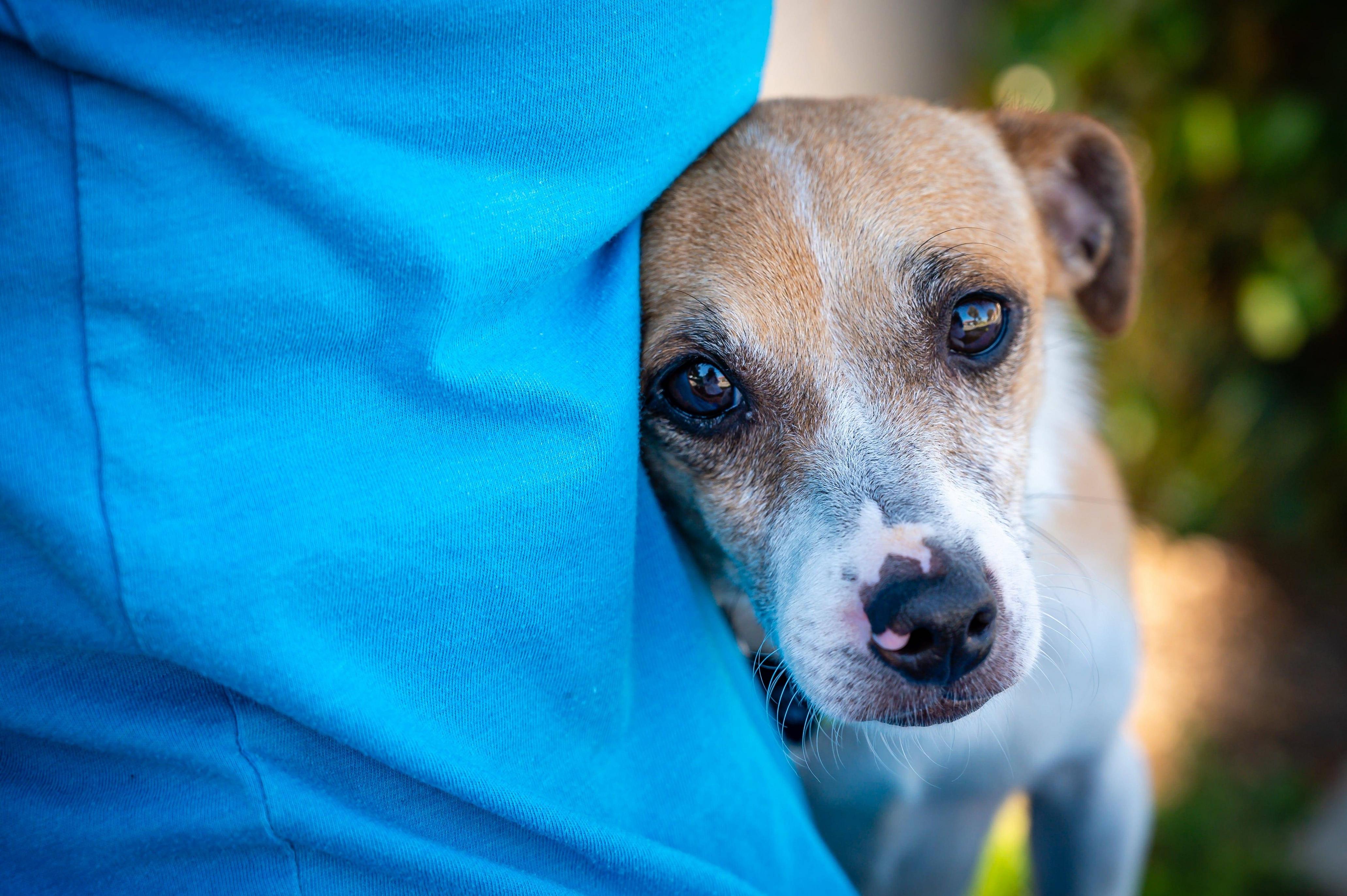
The London School of Hygiene and Tropical Medicine is currently training medical detection dogs to detect drugs in humans. They could detect up to 750 people in an hour, or 5,000 people each day. The successful dog may also be trained to detect cancer. It is important you know your rights, and what the procedure is for police to search your home. Police cannot also ask you to wait until a drug dog arrives.
These dogs do have a strong sense of smell but aren't interested in drug-related smells. They search for their favorite toys and associate it with drug-related scents. These dogs are highly motivated to hunt and will not signal for a reward. The dogs associate drug smells with their favorite toys, which can lead to false alarms. They are used to looking for illegal drugs and believe that finding trace amounts is a reward.

The demand for detection dog has increased in recent years. The United States has received 16.5 tons of cocaine alone. This amount of cocaine could cover more than two-and half miles if it were spread out from one end to the other. This could be a way to prevent deadly diseases from spreading in low-income countries. What about low-income countries? Because of the limited supply of registered breeds, training dogs for COVID-19 remains in its infancy.
Dog sniffers who are professionals are not your regular pets. They are trained to be highly sensitive and trained to detect drugs and explosives. They can be your best friend, and they can detect drugs. A recent case involved a drug-sniffing dog slipping off its leash at a customs crossing point and running among the queued vehicles. The dog returned home with a brick containing marijuana. The dog was not able identify the source but training helped him be a better drug detector.
Dog sniffers are an essential part of drug detection, but their use is controversial. Dog sniffers are often questioned for their accuracy in drug detection. However, the dogs are often trained to detect the full range of illegal drugs. They are able to detect a wide range of chemicals, including heroin and opiates. These drugs may be mixed with household pets, breakfast cereal, or even exercise in a paddock.

It's hard to stop a cop from using a dog noser to detect drugs. But you shouldn’t interfere with their work. Whenever you see a police officer, tell them to step back and film them. Otherwise, they may be able to stop you from doing what you're doing. They are not allowed ask you for directions, but they may follow your lead. When a smell is detected in a dog's urine, it can trigger a cascade of symptoms and trigger an immune response.
FAQ
What should I do if my dog bites someone?
If you are attacked or threatened by an animal, ensure that it is not rabid. If that is impossible, call for help. Do not attempt your own rescue, as you might be seriously injured.
If the animal does bite but is not aggressive, you should take it to the veterinary clinic. Your vet will examine it, and then advise you if additional treatment is necessary.
Rabies shots will usually be required in most cases. You should never administer them yourself. Only a qualified person should be able to do this.
Should I get a kitten or a puppy?
Your personality will determine the answer to this question. Some people love kittens, while others prefer puppies.
But, in general, puppies tend to be more active and playful. Kittens sleep a lot, and they are very gentle.
Both types of animals need lots of attention from their parents. They will be able to grow quickly and require lots of care.
Regular medical checks will be required for them. Also, they will require regular medical checkups so you'll have to spend time taking them to see the vet.
Which is easier to train: cats or dogs?
Both. It all depends on the way you approach training them.
Giving them rewards for doing what you want will help them learn more quickly. You can ignore them if they don’t listen. They’ll eventually start to ignore your commands.
There is no right or wrong way to teach your cat or dog. You need to determine the best way of teaching your cat or dog.
Statistics
- In fact, according to ASPCA, first-year expenses can sum up to nearly $2,000. (petplay.com)
- It's among a relatively few companies that provide policies with a full (100%) coverage option, meaning you are not responsible for any co-payment of bills. (money.com)
- Reimbursement rates vary by insurer, but common rates range from 60% to 100% of your veterinary bill. (usnews.com)
- * Monthly costs are for a 1-year-old female mixed-breed dog and a male domestic shorthair cat less than a year old, respectively, in excellent health residing in Texas, with a $500 annual deductible, $5,000 annual benefit limit, and 90% reimbursement rate. (usnews.com)
- Here's a sobering reality: when you add up vaccinations, health exams, heartworm medications, litter, collars and leashes, food, and grooming, you can expect a bill of at least $1,000 a year, according to SSPCA. (bustle.com)
External Links
How To
How to train a pet cat
To train your cat, you should first understand what kind of animal he/she really is. Cats possess complex brains. Cats are intelligent, emotional creatures. Your cat's personality is an important aspect of your cat's behavior. You must know how to handle him/her properly.
It is important for cats to be independent. It means that they do not like to be told "no." So if you tell them "no," they may get angry at you. When your cat does something wrong, you shouldn't hit him/her. Although your cat deserves love and affection from you, it doesn't mean that you should treat him/her as a human being.
You can help your cat if you believe they are having problems. Talk to your cat calmly. Avoid yelling at him/her. Do not make him/her feel bad by shouting. Also, you cannot force your cat to eat. Sometimes your cat will not eat what you offer. When this happens, you should give him/her some treats. You should not give them too many treats as it could lead to overeating.
It is important to keep your cat clean. Every day, wash your cat thoroughly. Use a wet towel to clean off dust and dirt. Make sure that there are no fleas on your cat. Flea bites may cause skin irritation or allergies. Flea bites can be painful and should be treated with a shampoo.
Cats are social animals. Cats love to spend time with their owners. It is important that you spend quality time with your pet cat. Play with him/her, feed him/her, brush him/her, and cuddle him/her. These activities will make your cat happy.
Training your cat should be done early. Your kitten should be trained by you as soon as he/she turns two weeks old. It is best to start training your cat at three months of age. This is the best age to start training your cat.
When teaching your cat tricks, you should go through each step step by step. You should first show your cat the chair before you teach it to sit. Next, show your cat the chair and reward them with treats. Continue this process until your cat understands.
Remember that cats are smart animals. They are able to figure out how tasks should be performed. However, they require patience as well as persistence. Your cat won't be able to do a task instantly. Allow your cat to practice for a while before you give up.
Keep in mind that cats are wild animals. They are naturally curious and playful. If your cat is free to roam, he/she could accidentally knock over things. To prevent accidents, place your cat in a secure area that won't cause injury to him/herself.